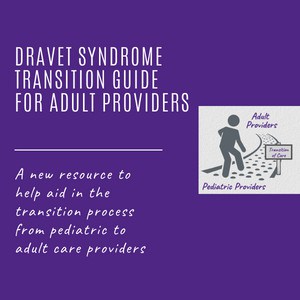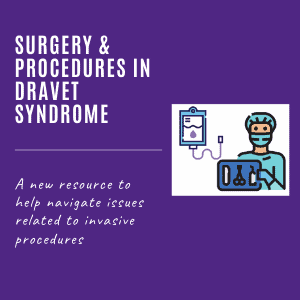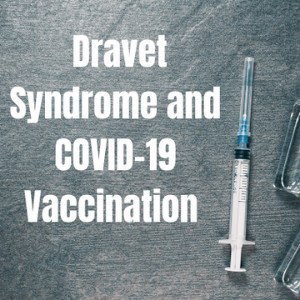How to Read a Scientific Paper; Part 1: Anatomy of a Research Article
Today’s blog post was created in collaboration with Tanya Brown, PhD the Science Director for TESS Research Foundation and was cross-posted to the Science Simplified Blog. Have you ever wondered how to read a scientific paper? Reading a scientific paper, also called a research article, is different from reading a newspaper article. It can be […]
How to Read a Scientific Paper; Part 1: Anatomy of a Research Article Read More »










